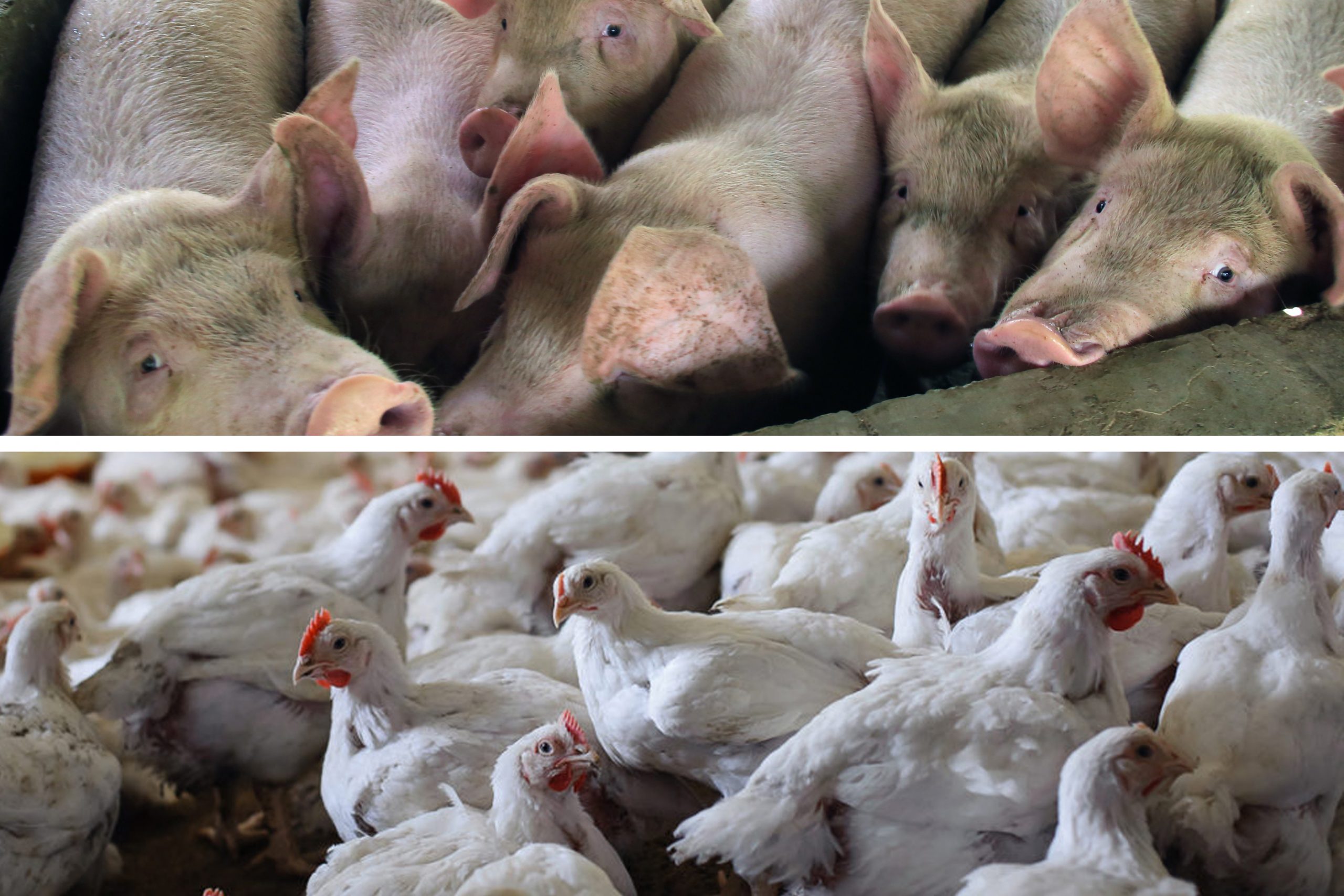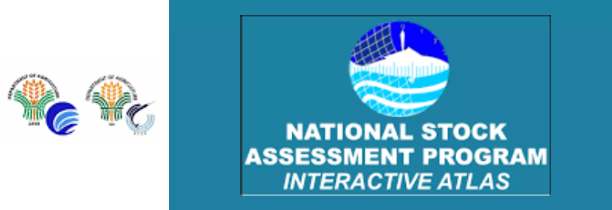
The Department of Agriculture (DA) is in the process of strengthening the traceability systems in the trading of livestock and poultry, primarily pigs and chicken, including their respective meat and processed products, to ensure compliance with government policies and curb potential price manipulation in the hog and poultry sectors.
This will be done through a more robust, and inter-connected registration and accreditation process from local government units (LGUs), to the concerned national agencies such as the DA’s Bureau of Animal Industry (BAI) and the National Meat Inspection Service (NMIS), said Agriculture Secretary William Dar.
“Currently, the DA-BAI, as provided under Administrative Order No. 8, issues ‘handler’s’ license to operate to livestock traders only. The BAI is looking into the potential role of LGUs in this area. The NMIS, on the other hand, accredits and registers meat transport vehicles. They are also looking at how this can be strengthened and expanded to further impact the supply chain,” BAI Director Reildrin Morales said.
“The draft DA administrative order governing trader registration is currently being reviewed by the BAI to effect the needed changes to ensure that the system will bring about transparency and subsequently benefit the consuming public,” said Secretary Dar.
“This will address the information gap in the supply chain, which is often being exploited by unscrupulous traders and wholesalers to manipulate both supply and prices of the commodities,” the DA chief added.
He said the incomplete records of middlemen and traders have become a perennial problem in the livestock sector, making it difficult for government agencies to impose strict regulation of the movement of farm animals, meat and by-products, and address supply fluctuation and price manipulation.
“We recognize the need to identify the legitimate traders in order to establish a feasible traceability system and pinpoint exactly at a certain level of the supply chain where the manipulation occurred,” he added.
The trader registration initiative will also complement the ongoing registration process for swine and poultry growers under the Registry System for Basic Sectors in Agriculture (RSBSA).
The DA chief agreed to the suggestions made by the Philippine Competition Commission (PCC) during the recent joint hearings of the committees on agriculture and food, and trade and industry, of the House of Representatives, where the antitrust body cited the need for a trader database and identification of participants at each level of the supply chain.
Director Orlando Polinar of the PCC enforcement office, said that the DA should provide traceability database of the commodities, as it is important to know where the supply comes from and where it ends up.
“It is necessary in matching farmgate and retail prices, and identifying where the manipulation occurs,” Polinar said.
He added that it is incumbent for frontline agencies like the DA to provide the PCC with more specific information to detect cartels and other anti-competitive conducts in the hog and poultry sectors.
For now, the DA-led economic intelligence unit is applying pressure at both ends of the supply chain, from farmgate to retail, to monitor and curb possible price manipulation. Violators will be asked to justify the act of buying at significantly higher than the prevailing farmgate price.
The DA’s Bantay Presyo Task Force has since then issued several notices of violations against retailers caught selling above the previous price ceiling and now the suggested retail price for imported pork.
“Clamping down from both ends of the supply chain would help the DA narrow down and pinpoint the unscrupulous suppliers, traders or retailers of pork products,” said Secretary Dar. ### (DA StratComms)













